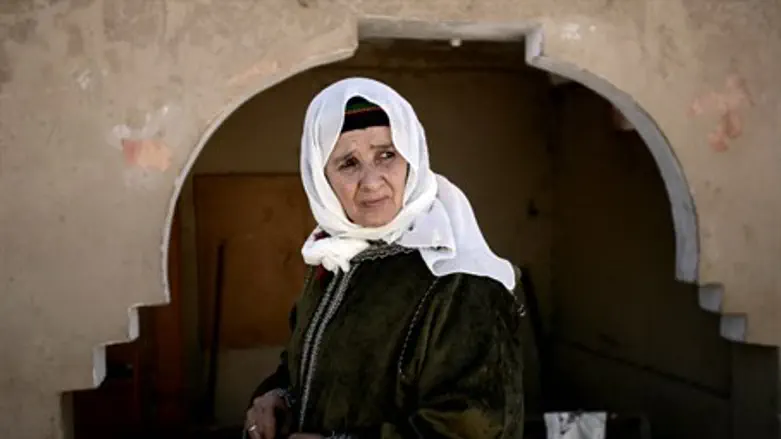
MPs in Morocco advanced women's rights last month, when they approved the amendment of Article 475 of the Criminal Code dealing with the sexual assault of women and girls.
The original law stated that men guilty of sexually assaulting girls under the age of 18 would face between one and five years' imprisonment, but with a catch: an option to avoid jail time - by marrying their victims.
Now, an amendment banning the loophole has been enacted, following the tragic suicide several years ago of a 16-year-old girl forced to marry her assailant. Amina al-Filali, from Tangier, made headlines in March 2012 when she drank rat poison to escape the forced marriage, according to All Africa News.
Amnesty International welcomed the move. The rights organization hailed the amendment as a "step in the right direction" and has called for neighboring countries Algeria and Tunisia to enact similar steps to protect their female citizens.
"It took 16-year-old Amina Filali's suicide and nearly two years for the parliament to close the loophole that allowed rapists to avoid accountability. It's time to have laws that protect survivors of sexual abuse," commented Hassiba Hadj Sahraoui, the deputy director of Amnesty International's Middle East and North Africa program.
"This vote is a positive step, but Morocco still needs to implement a comprehensive strategy to protect women and girls from violence with the help of women's rights groups, which have been excluded from the process thus far," she added.
The war for women's rights in Morocco is not over, however. Amnesty International also noted that the legal definition of rape remains vague and that Rabat needs to strengthen legislation for the protection of women.